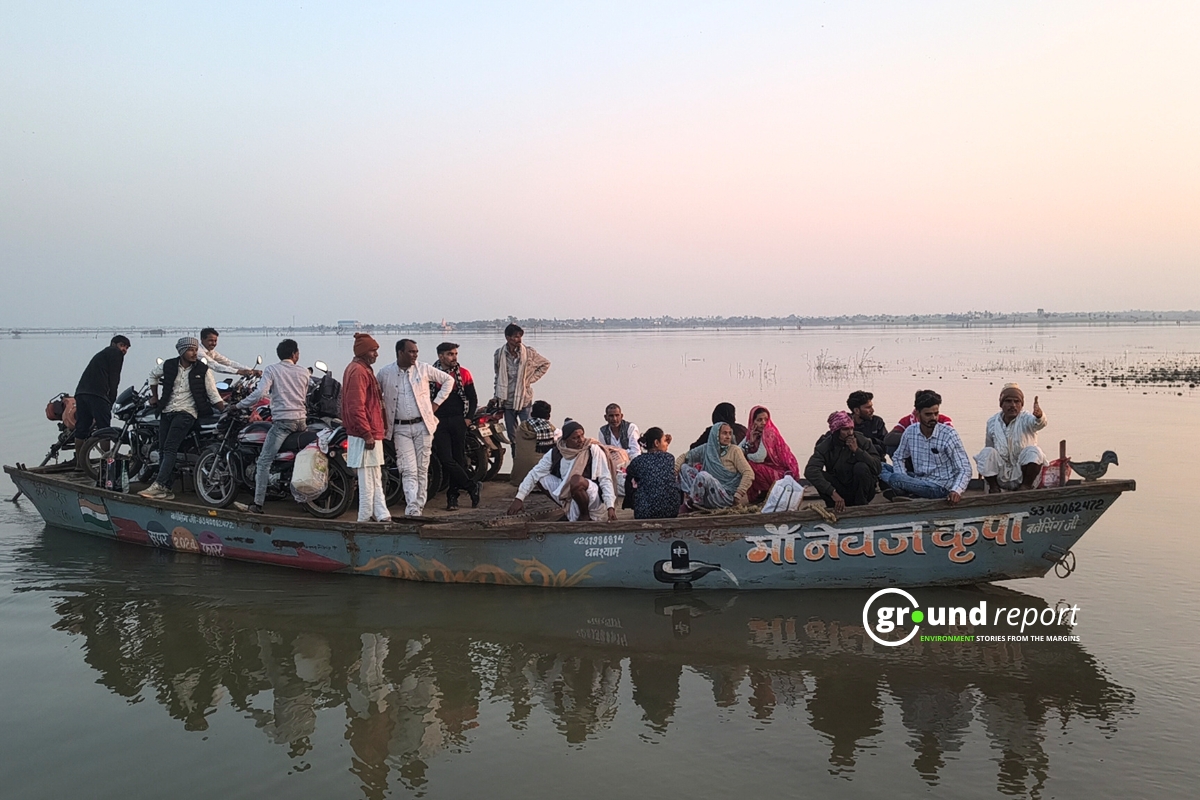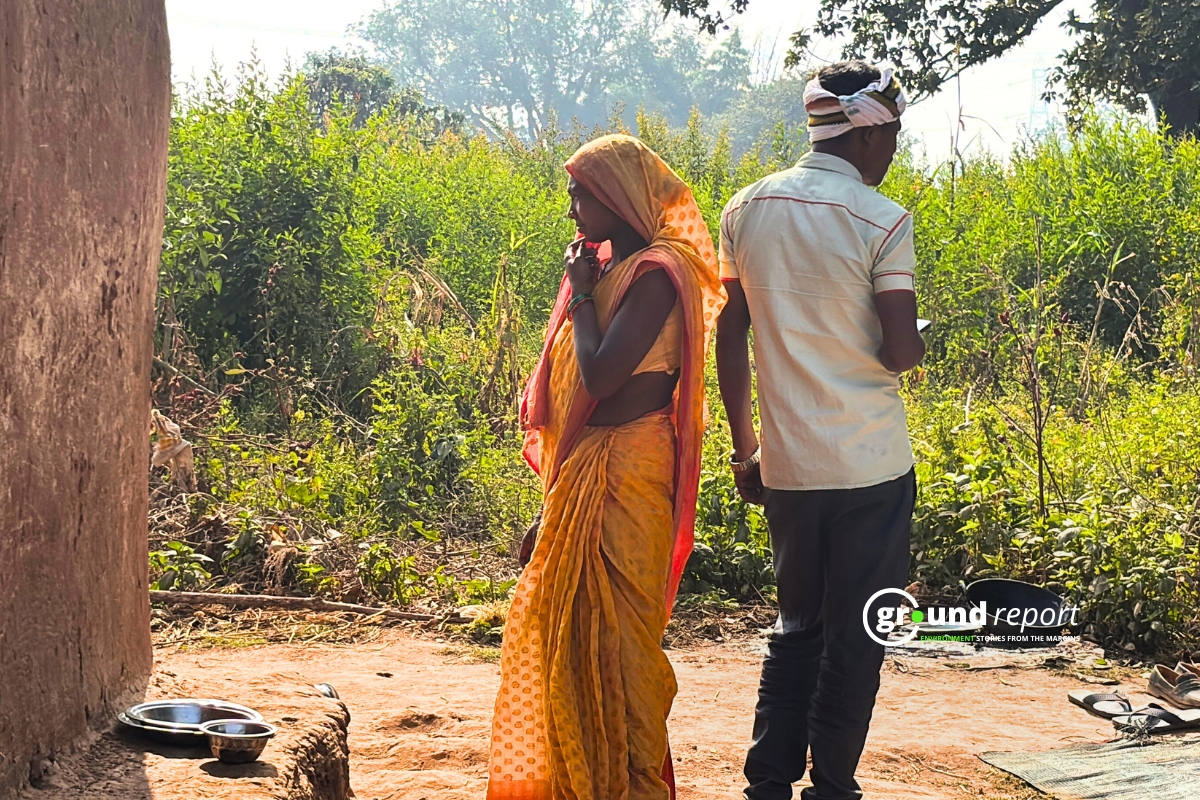The National Green Tribunal (NGT) has taken a serious view of a news report on the closure of a bridge over the Swan river in Punjab’s Rupnagar district due to alleged rampant illegal sand mining. The green court has directed issuance of notices to the Punjab Pollution Control Board, Central Pollution Control Board (CPCB), regional office of the Union Environment Ministry in Chandigarh, and the Rupnagar Deputy Commissioner.
Acting on a news article published in the Indian Express on April 10, 2024, titled “From Ropar to Hoshiarpur via HP: 30-km detour as illegal mining damages bridge,” the NGT has registered a suo motu application. The court has ordered the respondents to file their responses at least one week before the next hearing scheduled on August 28, 2024.
The CPCB has been directed to conduct a spot inspection to determine the extent of illegal mining in the affected area and submit a report to the tribunal.
The news report highlighted the closure of a bridge over the Swan river, connecting Nangal with Garhshankar, due to indiscriminate sand mining. Residents of at least 200 villages in Rupnagar district are now forced to take a 30-kilometer detour, crossing over to Himachal Pradesh and paying an entry fee to reach Garhshankar in Hoshiarpur district.
The article claimed that when visiting the Swan Bridge, traffic was found bypassing the bridge by driving through the riverbed. It stated that authorities had been informed several times about the mining activity in the area, which exceeded permissible limits and could endanger the bridge’s pillars. Craters over 30 meters deep had formed on the riverbank, but no action was taken.
According to the report, mining exposed the bridge’s foundation and caused the bank to corrode, damaging the foundation from the Garhshankar side. Illegal mining was also taking place in some villages at odd hours, including those in Gurdaspur, Pathankot, Jalandhar, Tarn Taran, and Hoshiarpur districts.
Residents claimed that floodwater enters their villages as the river embankments have weakened due to mining, and the groundwater level has decreased from 20 feet to 100 feet. Water seepage was damaging their properties, and houses occasionally sink, the news item added.
The allegations indicate violations of the Sustainable Sand Mining Management Guidelines, 2016, and the Environment Protection Act, 1986. The NGT noted that the article raised substantial issues related to compliance with environmental norms and the implementation of the scheduled enactment.
Follow Ground Report for Environmental News from India. Connect with us on Facebook, Twitter, Koo App, Instagram, Whatsapp and YouTube. Write us at GReport2018@gmail.com and subscribe to our free newsletter.
Don’t forget to check out our climate glossary, it helps in learning difficult environmental terms in simple language.






